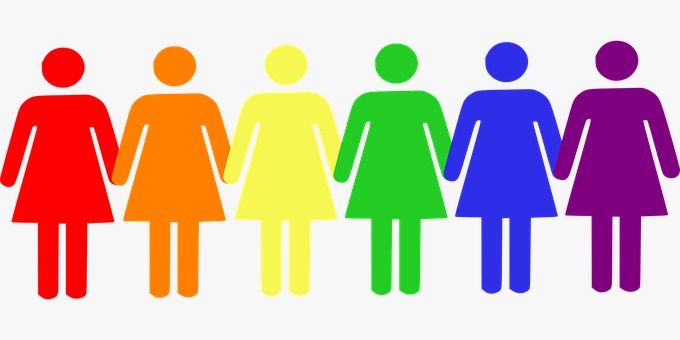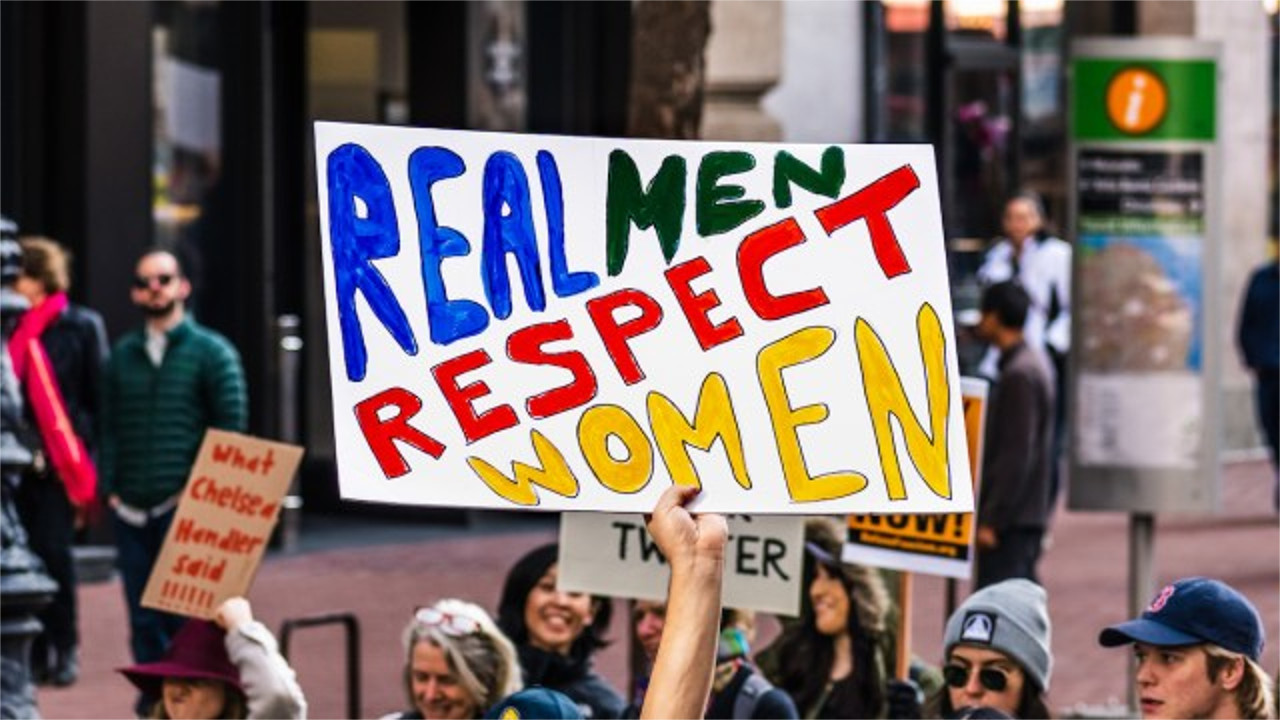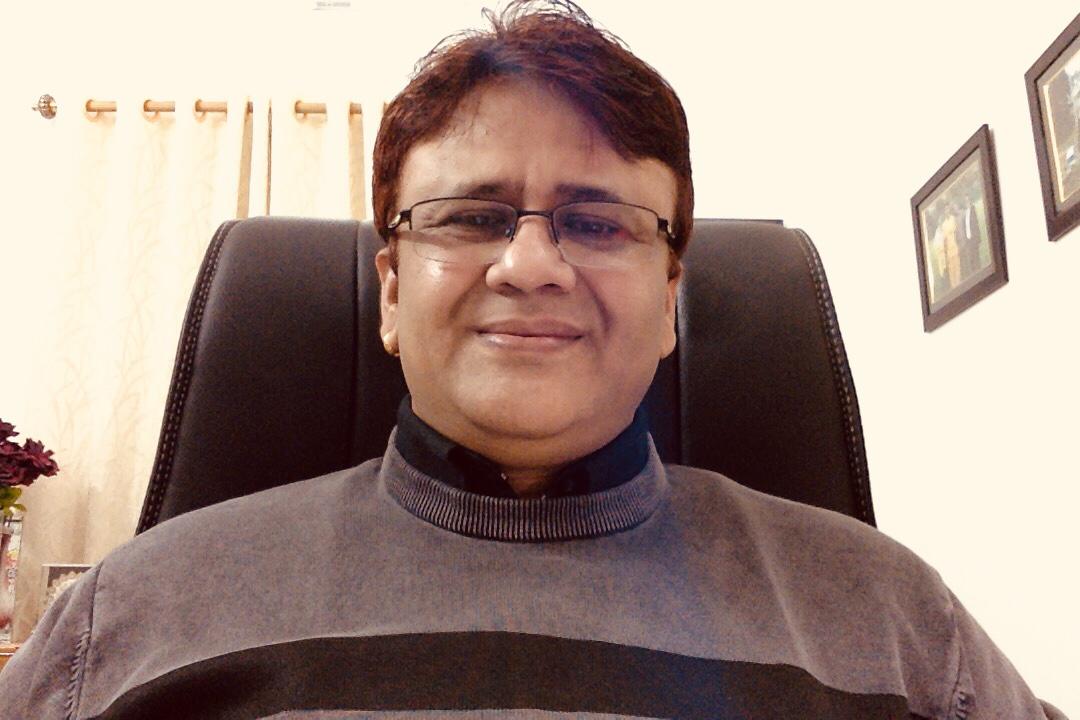
Concept of Feminism
Hello everyone, welcome to my blog. this is Rajesh K. Singh and I hope everyone is doing good. As you all have been noticing, lately, I’ve chosen a number of topics related to human rights and gender equality. This is because I feel like these topics are often misunderstood and they need voices which can speak on behalf of a number of women who lack to resources to get educated and have an independent life of their own. Therefore, today we’ll be talking about the concept of feminism.
Feminism is a very simple term. It is defined as the advocacy of women’s rights on the ground of the equality of the sexes. Like I said, it is concerned with gender equality and the promotion of equal rights for men and women, the manifestation of these concerns through theory or action, and the valuing of individuals for their contributions to society rather than their biological or sexual physiognomies or roles.
Sounds fairly simple, right?
Especially in the 21st century? But the problem is, that often, many people misunderstand this term and take it as something that was formed with the idea of female domination in the world.
Others simply don’t support the idea of women achieving the same rights as men. It’s completely understandable though, feminism is a word likely to generate a distorted reaction from many people, with comebacks ranging from absolute anger to a sad shake of the head. When women began the first feminist establishing in late 19th and early 20th century in the United States, the view that females could have equal rights was an unusual idea.
They fought to increase educational prospects for women and provide women with access to better working conditions, improved health care, and the right to own and control property, as well as the right to vote. This was the basic and the most reliable description one could use to define feminism. But over the years, although the opportunities for women have greatly improved, this idea is now associated with several lore’s.
Feminism and the fight for equality have drastically changed the landscape of our nation and the world. While huge strides have been made towards complete gender equality, a great deal of work remains to be done, both in India and abroad, including the gender pay gap, access to reproductive healthcare, protection against sexual assault and violence and gender representation in media, among other issues.

As most of you are aware, a person who supports feminism is called feminist. These feminists have done a commendable job in improving the conditions for women all over the world, but unfortunately, feminists often face a number of false stereotypes, such as
1. Feminists hate men, or
2. All feminists are lesbians, or
3. Feminists can only be women and other things.
The only thing that all feminists have in common is that they are all committed to achieving political, economic, and social equality of sex, race, and class. Feminism encompasses a huge variety of people and positions. Feminists are religious, atheistic, and somewhere in between, they’re Black, White, Latino, Asian and any combination of all of these.
They can be LGBTQIA, straight, and asexual.
Feminists are all about equality between genders- which means feminists don’t want women to be more powerful than men any more than we want men more powerful than women. And it’s wrong to assume that only women can be feminists. If you are a man, and you care about equality for your mother, sister, grandmother, aunt, cousin, girlfriend, wife, or friend who is female, then feminism should be important to you. Moreover, feminism is about equality for all relegated groups, that is, equality for those who are LGBTQIA, disabled, ethnic, and racial minorities. Caring about feminism means caring about people who fit into these categories.
Feminism is not only dedicated to changing negative stereotypes about being a woman. A large aspect of feminism is understanding stereotypes about masculinity and the effect these stereotypes have on society and what it means to be a man. As feminists, we need to acknowledge the various challenges faced by men, women, and non-binary individuals at the hands of patriarchy and the different contexts that influence those situations.
We’re in the year 2020. The modern generation, including all genders, has a variety of opportunities afforded to them. They can have a job, go to college, vote, and get a divorce.
It’s not 1914. We shouldn’t be expected to be complacent just because we’re generally recognized as citizens. Society has come a long way, and women have succeeded in obtaining many civil rights, but the patriarchy is still thriving.
Women are discriminated against in the workforce for being pregnant or having to take care of their children. Women can’t walk alone at night.
I could just go on with the list of things women suffer through. We need to understand that women may manage to survive in a patriarchy, but it surely doesn’t mean they’re thriving. Women can be just as problematic as men sometimes. Their misogyny also does not get a free pass just because they’re also a woman. Regardless of whether or not you identify as a feminist, asking for respect or asking for people to just not be rude and disrespectful to each other isn’t overly imposing. It’s basic social etiquette. At last, I’d say that feminism has nothing to do with hating men. It’s just that women deserve to be comfortable and confident, no matter what situation they’re in.
Friends, hope this Blog will be useful and give you an insight about the concept of feminism and do comment your opinions on this topic in the comment section.

B.E(Civil),M.B.A(Marketing),SAP(SD)

